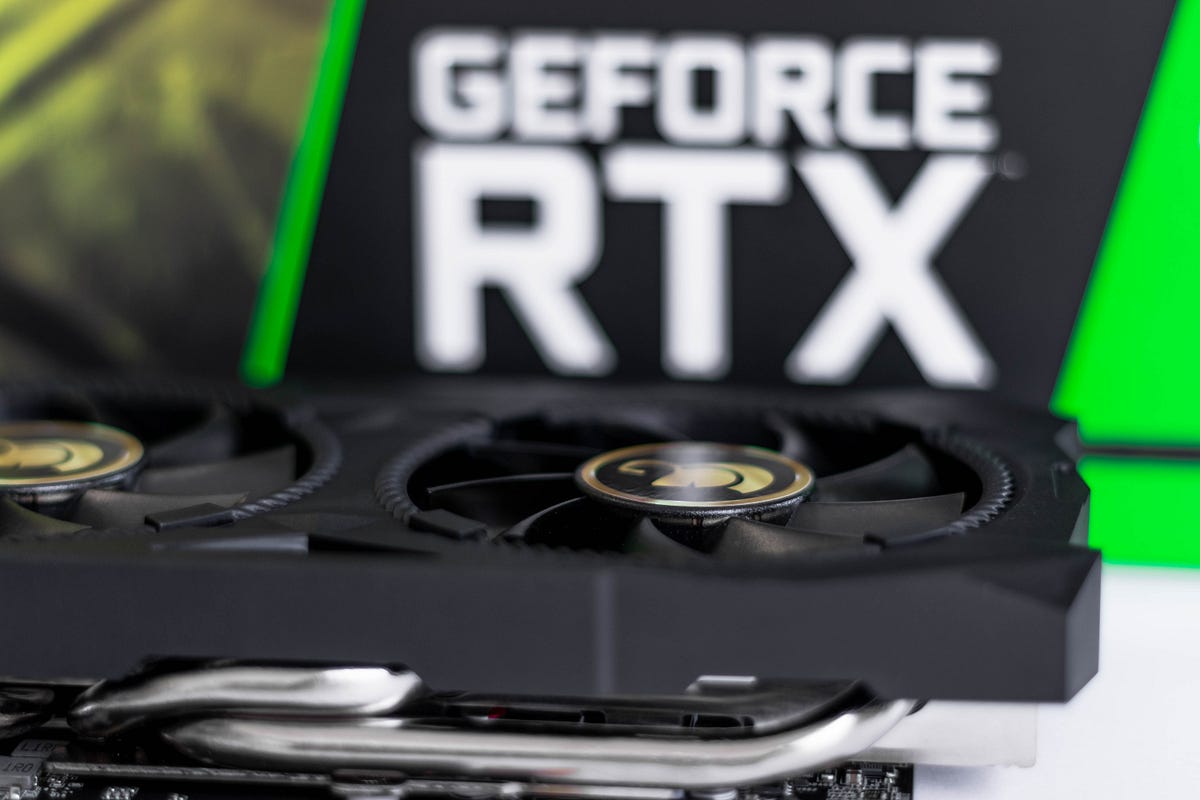In this blog, I will explain the hype around the new Nvidia Ampere 3000 series GPUs, how they compare to the Turing 2000 series cards, and the current benchmarks available today for each RTX generation. I will also go over rumors for upcoming variants of the 3080, as well as the reports from users saying the cards they received were defective. At the bottom of the article, I will go over my opinion and the advice I have for anyone trying to get them, regardless if it’s for gaming, data science, or flexing on the latter two.
Why is Nvidia so Popular?
Nvidia has always been a winner within the GPU space, but it’s for a variety of reasons and not just their “power”. When you want to compare computational power or the amount of TeraFlops (TF) between Nvidia and AMD GPUs, there is actually no big difference- and often, AMD comes out on top in this regard. For example, when comparing the AMD Radeon RX Vega 64 ($~400) and the Nvidia 2080 (~$700), you see the cracks in the argument that Nvidia is the _most powerful. _When comparing the TeraFlop performance between these cards, the AMD Radeon 64 comes out on top in every aspect (FP16, FP32, and FP64). So if AMD offers cards that are more powerful (in terms of TF) at a much lower cost, then why is Nvidia regarded as the best manufacturer of GPUs? The real answer comes when looking at the bells and whistles that Nvidia offers, and how they target multiple different types of customers ranging from Graphic Designers, Data Scientists, and most importantly, Gamers. When it comes to games, the amount of TF does not equate to the gaming experience they provide. Looking at the Vega 64 and RTX 2080, the RTX 2080 crushed the Vega in every single gaming benchmark, averaging a 20%-50% increase in Frames Per Second(FPS) [Vega 64 vs 2080 Benchmarks]. I know some might be thinking, why on earth did you use the comparison between the Vega64 and RX 2080? I know these cards are completely different in terms of their usage, but I wanted to illustrate that just saying “more powerful” is only half the story. There are multiple reasons why Nvidia is better than AMD in terms of GPUs, and only some of these reasons are specific to the way you plan to use the hardware. I will go into what I mean in more detail throughout the rest of the blog post.
#deep-learning #nvidia #gaming #amd #data-science
